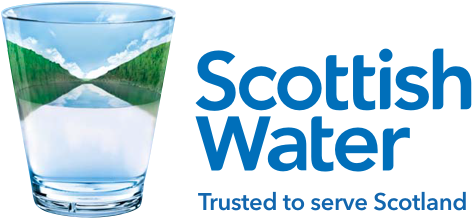Water Byelaws FAQs
Water Byelaws FAQs
The Water Byelaws are national requirements for the design, installation and maintenance of plumbing systems, water fittings and water using appliances connected to the public water supply.
The purpose of the Byelaws is to prevent waste, misuse, undue consumption and contamination of water. While all of these are important, the main driver is the prevention of contamination of the public water supply.
As equally important, they can also protect:
You, your family and neighbours - by protecting your household drinking water and therefore your health & safety;
Your employees - by protecting the water they may consume on your business premises and therefore their health & safety in the work place;
You - from criminal prosecution and potentially substantial fines ;
Your business - from criminal prosecution, adverse publicity and potentially substantial fines
A byelaws inspection is an examination or check of the plumbing system within your premises and all water using appliances connected to it.
The type of checks undertaken will include the following:
That all pipes are properly supported, insulated, marked and are accessible for maintenance and repair;
That all stopcocks, servicing valves, drain valves are easily accessible and operable;
That all fittings used are of suitable materials and are ‘fit for purpose’;
That any water storage tanks are properly fitted and protected against freezing/heating and ingress of insects;
That any underground pipes are at a suitable depth;
That appropriate levels of protection against backflow are in place and maintained.
Water Byelaws inspections are conducted to identify the risk and any possible sources of contamination of the public water supply.
Thereafter, steps can be taken to remove these. This applies to any plumbing system connected to the public water supply.
Scottish Water carries out byelaw inspections in line with Water Industry best practice and has a rolling programme of inspections for industrial and commercial premises and an audit programme for domestic premises.
If we became aware of any particular case where, by ignoring the byelaws, you were creating a heightened risk of contamination, we would arrange an inspection of your premises.
It’s worth remembering however that the byelaws are as much for your protection as for anything else. It’s in everyone’s best interest to ensure that the byelaws are complied with.
Yes. Scottish Water has legal powers which enable us to enforce the requirements of the byelaws, however, the approach we have adopted is to work with our customers to ensure byelaw compliance.
If for instance we found contraventions on your premises, we would highlight these to you and agree a programme and timescale for remedial works to be carried out.
In certain extreme circumstances, particularly in business premises, for example if your plumbing system presented an unacceptably high risk to health and safety through contamination, we could insist on immediate rectification works or even immediate disconnection of your supply.
Scottish Water recommends the use of “Licensed Plumbers” to carry out plumbing work in your premises. Please visit www.watersafe.org.uk
The main benefits of using a licensed plumber are:
Work is certified as complying with the Byelaws
Properly trained and qualified personnel are available
Members are audited/inspected on a regular basis
They hold public liability insurance
They must submit Financial Integrity Statements annually
Should any dispute arise, ‘Complaints Resolution Procedures’ are in place
These procedures are further enhanced by an Independent ‘Complaints Panel’
If you do not use a licensed plumber, there can be no guarantee the work will comply with the Byelaws and, if it is then found that there are contraventions, the responsibility to have them rectified will fall upon the owner of the premises .





